
Lilies are sometimes grown in the garden or as houseplants, but the most common presentation is in floral arrangements, especially around Easter and Mother’s Day. If you have cats and you love lilies, be careful, because they are extremely poisonous to cats. The entire plant is toxic to cats, thus just one bite can make your cat very sick, and if they are not treated within a reasonable amount of time, death may occur. Unfortunately, there is no antidote for lily toxicity, and treatment is not always effective, so it is important to know as much as possible about this plant and the effects you may see if your cat is exposed to it.
If you think your cat has ingested a lily plant, this is a life-threatening emergency. Seek veterinary care immediately and have your veterinarian contact an animal poison control center.
The exact nature of the lily toxin is unknown, but all parts of the lily plant are harmful to cats. The most dangerous and potentially fatal lilies for cats are found in the genus Lilium and Hemerocallis, but there are other varieties that are harmful as well. If you have a cat, we recommend keeping these plants out of your home, and if your cat goes outdoors, out of your garden as well:
If you have a bouquet of lilies in your home or grow lilies in the garden, be alert to any sign that your cat has licked or eaten the plant, such as sudden lethargy or vomiting. If this occurs, look to see if you can spot any obvious bite marks or other indications that your cat has eaten any part of the lily's petals or leaves.
The first signs of lily toxicity in a cat may be seen as early as two hours. In the beginning, you may notice lethargy (low energy level), a loss of appetite, and vomiting. As the condition progresses, tremors and seizures may occur. Prolonged exposure to this toxin will result in dehydration, renal failure, and death if left untreated. Lily of the valley is a little different in that it does not cause renal failure but may cause heart failure.
Your cat doesn't have to eat an entire lily plant to become sick. In fact, as little as a nibble or two of a leaf or flower petal can harm your cat, as can licking bits of pollen off the plant, table, or the cat's own fur, or even drinking water out of the flower vase containing the lilies.
Your veterinarian will diagnose lily toxicity based on your cat's assumed ingestion of any part of a lily plant, combined with symptoms. Along with a full physical examination, your vet may want to run blood tests to determine if there has been damage to the cat's kidneys.
If you suspect your cat has ingested any part of a lily plant, even if there may have been a possible exposure to the pollen, seek veterinary attention immediately. If your regular animal clinic is closed, contact the nearest emergency hospital. It will be helpful if you know which lily the cat was exposed to and the amount it consumed. You may be asked to contact animal poison control, so have their information handy.
The earlier you bring your cat in for treatment, the best chance it has for survival. If you know that it's only been a very short time since your cat ingested the lily, the vet might induce vomiting to remove as much toxin from the stomach as possible. Or your veterinarian may perform a procedure known as decontamination. Your cat will be given a thick oral liquid—often containing activated charcoal—that will bind to the toxins and move them out of the body through the gastrointestinal tract. Aggressive fluid therapy initiated within 24 hours of ingestion may prevent anuric renal failure, where the kidneys stop producing urine. In more severe cases, dialysis is the only effective treatment. Be prepared for your cat to be hospitalized for several days.
Ultimately, your cat's prognosis depends on how much lily has been consumed, the cat's general state of health, and the length of time since the lily ingestion. As a general rule, if more than 18 hours pass without treatment, the prognosis is poor. However, many cats recover if treated promptly.
The best way to keep your feline friend safe is to keep these plants out of your home and yard. But if you find that your cat has already helped itself to the lily in your flower arrangement, seek veterinary attention immediately. Just remember, the sooner the problem is identified and treatment is initiated, the better your cat's chance of survival.
If you want to find a safer option than lilies, here are a few that will not cause harm to your cat and will look beautiful in a floral arrangement.

10 Obscure, Little-known Canine Facts in Honor of National Dog Day
With National Dog Day upon us, it's time to celebrate everything about our favorite pets—even the weirder stuff. Here are 10 obscure facts about dogs you probably didn't know.
Exploring the Different Types of Pet-Friendly Beaches
Are you looking for pet-friendly beaches? Learn about the different types of pet-friendly beaches, their locations, and tips for visiting them with your pet.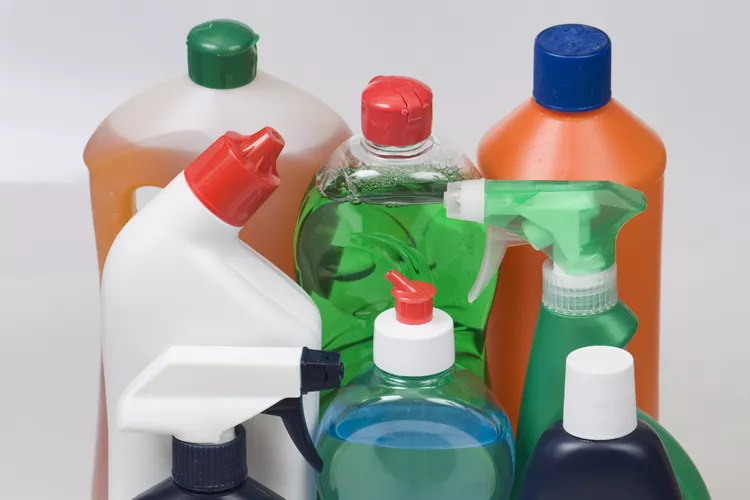
Toxic Chemicals & Household Items That Can Poison Dogs
There are many things in and around your home that can endanger your dog. Learn which chemicals and household items can poisin your dog.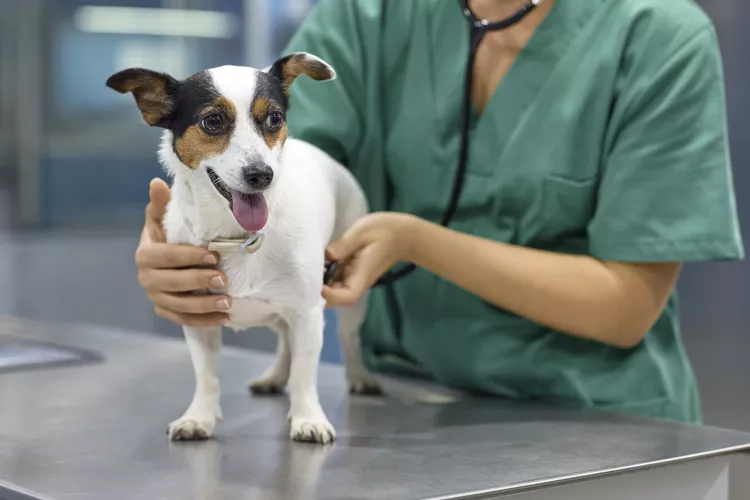
Bronchitis in Dogs
Is your dog coughing and feeling unwell? It could be due to respiratory inflammation called bronchitis. Learn the causes, treatment, and prevention.
Choking in Dogs
A dog can occasionally swallow something incorrectly and start choking. Find out how you can tell if your dog is choking and what you can do about it.
Why Does My Dog Smell So Bad?
Does your dog smell? Find out what could be causing these unpleasant odors and if it's something that needs more than just a bath to fix.
Is Rosemary Safe for Dogs?
Rosemary is used both for cooking and as a supplement with many reported health benefits in people, so you may be wondering if it is safe to give to your dog. Rosemary is considered non-toxic for dogs but with some caveats.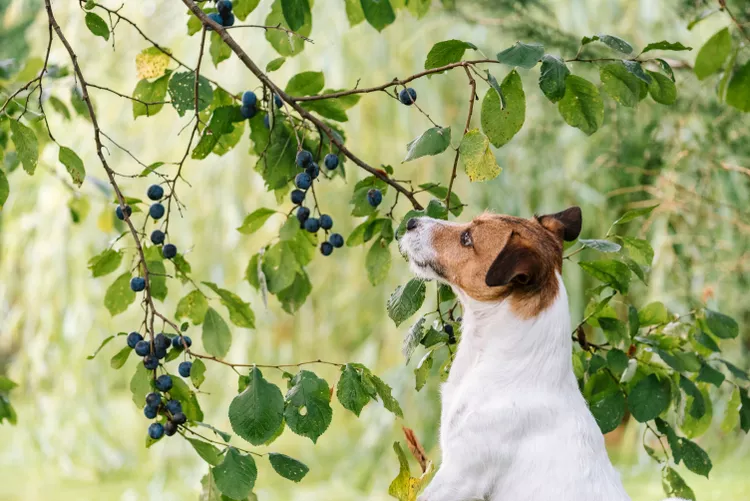
Can Dogs Eat Blueberries?
Dogs can safely eat blueberries. Blueberries are packed with nutrients and can be a great addition to your dog's diet when fed in moderation. Learn more about the benefits, risks, how to incorporate blueberries into their diet, and other fruits dogs can eat.
Dog Food Basics
Are you feeding your dog the best way possible? Check out these dog feeding tips to keep your dog healthy and happy.
Swedish Vallhund: Dog Breed Characteristics & Care
The Swedish vallhund makes for a high-energy and affectionate companion. Learn about the breed's history, health, exercise needs, and more.
Becoming a Show Dog: Getting Started
Do you have the perfect puppy? Have you considered showing her in a dog show? There's much more to showing than showing up! Here's how to get started.
How to Care for a Hairless Cat
Hairless cats make great pets but they aren't without their own challenges and requirements. Read on to learn how to best care for your furless feline.
British Shorthair: Breed Profile, Characteristics & Care
The British Shorthair is a calm, affectionate cat that looks and feels like a plush teddy bear. Here's what you need to know about this popular breed, including appearance, temperament, health, and care.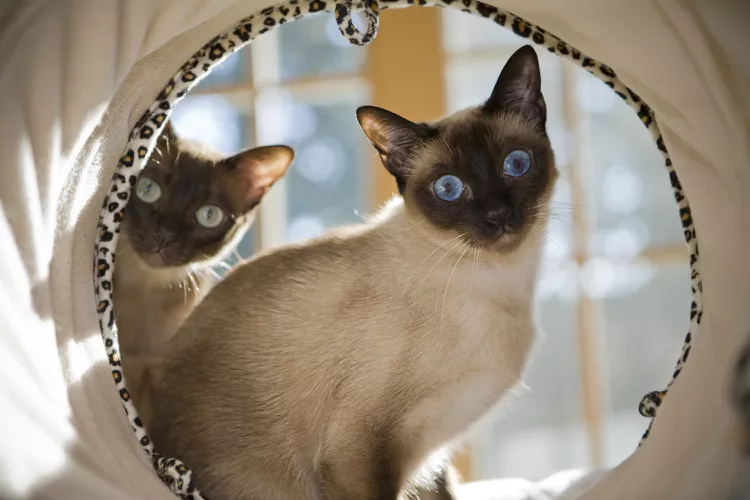
Tonkinese: Cat Breed Profile, Characteristics & Care
The Tonkinese cat is a perfect mix of the Siamese and Burmese—smart, sociable, and sweet. Learn about the Tonkinese breed.
How to Stop Your Cat From Chewing Electrical Cords
Cats are known to pounce and attack inanimate objects, like electrical cords. Learn how to prevent your cat from ambushing objects that may harm it.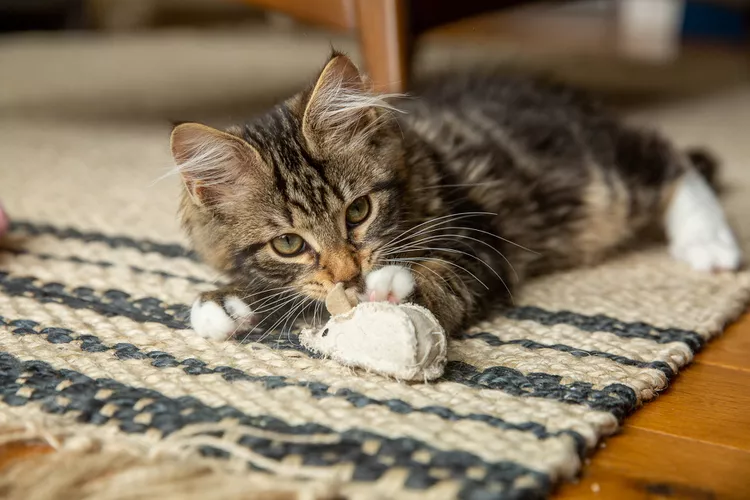
How to Stop Aggression in Kittens
Kittens may show aggressive behavior for several reasons. Sometimes their play gets too aggressive while other times the kitten is afraid or upset. Learn how to spot and curb aggression in kittens.
46 Egyptian Cat Names
Whether inspired by notable Egyptian deities, locales, or pharaohs, Egyptian cat names can bring out the divinity of your noble feline companion.
How to Tell If a Kitten is a Boy or a Girl
If you're wondering whether your new kitten is a boy or a girl, here are three ways to help determine the sex of your cat.
Signs Your Cat Is Aging and When to See the Vet
Expect some changes when your cat ages. Learn to differentiate between normal and potential medical problems for your elderly cat.
Coronavirus in Cats
Feline coronavirus (FCoV) rarely harms cats but can lead to another life-threatening illness. Learn the causes, treatment, and prevention.